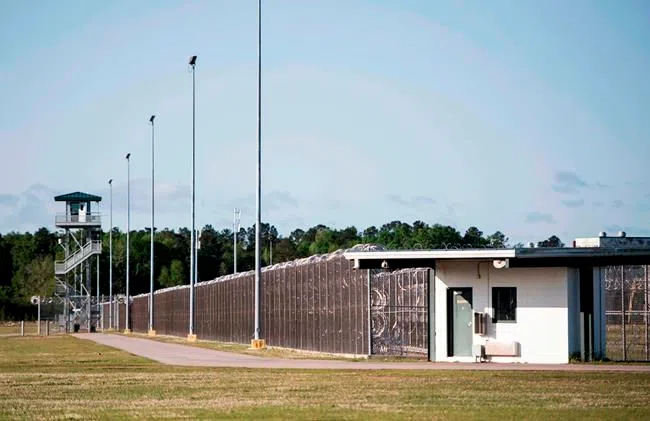
Corrections officers charged with bribery, racketeering
COLUMBIA, S.C. — More than a dozen South Carolina corrections employees pleaded not guilty Wednesday to federal charges related to bribery and bringing contraband into the state’s institutions, a case that was announced a week after a deadly prison riot.
The indictments against 14 Department of Corrections employees, including 11 officers, include charges of racketeering, bribery and wire fraud, and in some cases are connected to actions that allegedly took place as long as three years ago. The indictments unsealed Wednesday don’t detail how much the employees are accused of accepting in exchange for smuggling drugs, cellphones and phone accessories into state prisons.
The defendants were jailed pending the resolution of bond for their federal charges.
The indictments were unsealed a little more than a week after a deadly riot at Lee Correctional Institution left seven inmates dead — and just one day after the AP quoted several people connected to correctional institutions as saying that cellphones, drugs and other contraband were flowing into prisons around the state while officers turned a blind eye, or helped to smuggle them.